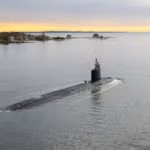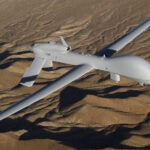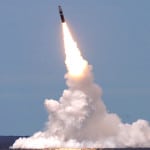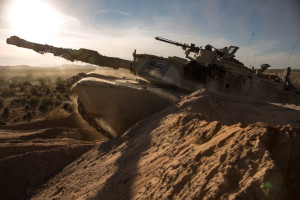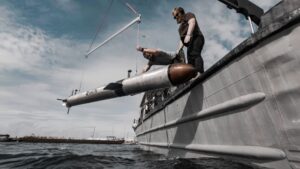By Marina Malenic Boeing [BA] said yesterday that it will offer the Air Force a wide-body version of a 767-based refueling aircraft in a proposal it plans to submit on May 10. The company said it plans to modernize its 767 commercial aircraft with a new digital flight deck from its 787 Dreamliner and a new fly-by-wire refueling boom. The Air Force last week unveiled the long-awaited solicitation for the KC-X tanker replacement fleet, making only minimal changes to a…
Contract Updates
Southeastern Kentucky Rehabilitation Industries (Corbin, Kentucky) – $14,312,903
Southeastern Kentucky Rehabilitation Industries,** Corbin, Kentucky, has been awarded a maximum $14,312,903 modification (P00008) to a five-year contract (SPE1C1-24-D-N017) with no option periods adding various boonie covers via conversion. This is a firm-fixed-price, indefinite-quantity contract. The ordering period end date…
Teradyne Inc. (North Reading, Massachusetts) – $16,723,189
Teradyne Inc., North Reading, Massachusetts, has been awarded a maximum $16,723,189 firm-fixed-price contract for circuit card assemblies. This was a sole-source acquisition using justification 10 U.S. Code 3204 (a)(1), as stated in Federal Acquisition Regulation 6.302-1. This is a one-year…
Ham Produce and Seafood Inc. (Honolulu, Hawaii) – $26,250,000
Ham Produce and Seafood Inc.,* Honolulu, Hawaii, has been awarded a maximum $26,250,000 fixed-price with economic-price-adjustment, indefinite-delivery contract for fresh fruits and vegetables. This was a competitive acquisition with three responses received. This is a five-year contract with no option…
Longbow LLC (Orlando, Florida) – $11,203,243
Longbow LLC, Orlando, Florida, was awarded an $11,203,243 modification (P00017) to contract W58RGZ-22-C-0053 for sustainment of the Apache AH-64D/E Model Fire Control Radar, including depot-level and supply support elements and program management functions. The modification brings the total cumulative face…

